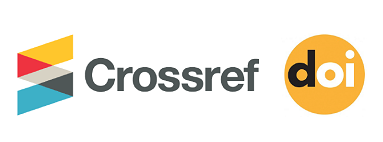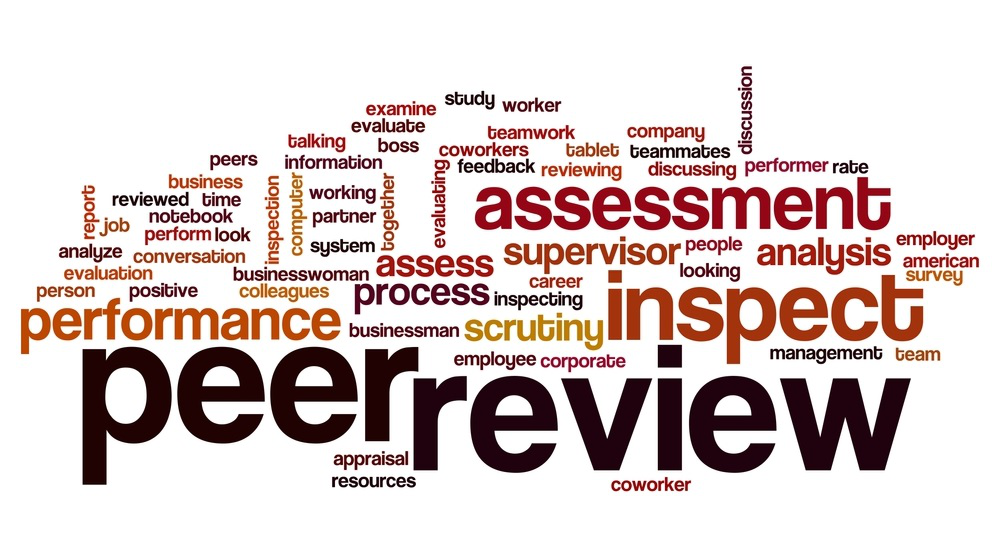| :: Quick Help :: |
| Contact Us on WhatsApp |
| :: For Authors :: |
| Ethical Guidelines |
| Submission Guidelines |
| Editorial Policy |
| Peer Review Policy |
| Misconduct & Plagiarism |
| Publication Fee |
| Submissions |
| :: Calls :: |
| Call for Papers |
| Call for Reviewers |
| :: About :: |
| Frequently Asked Questions (FAQ) |







